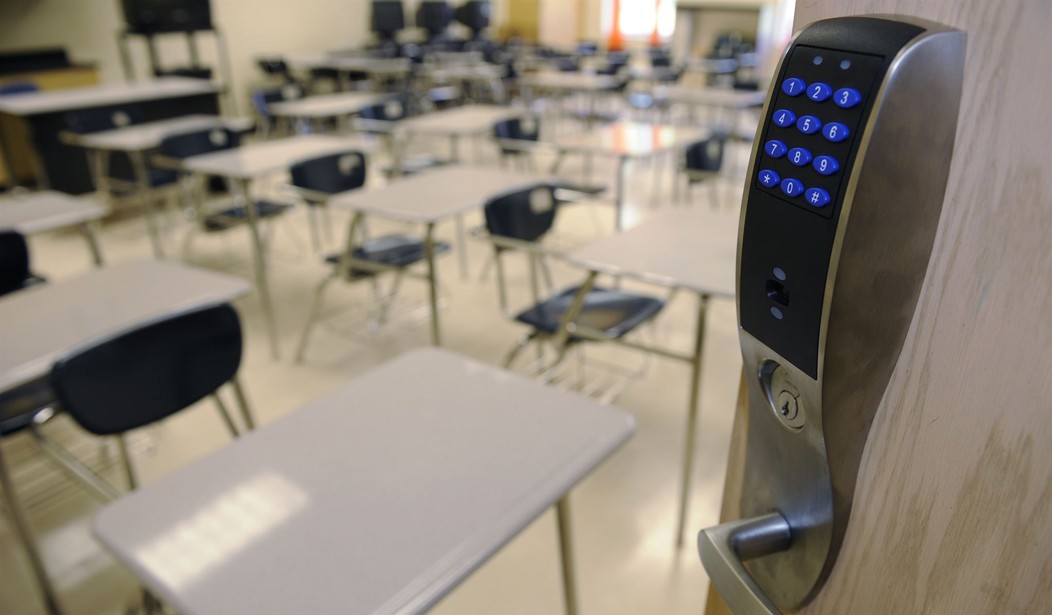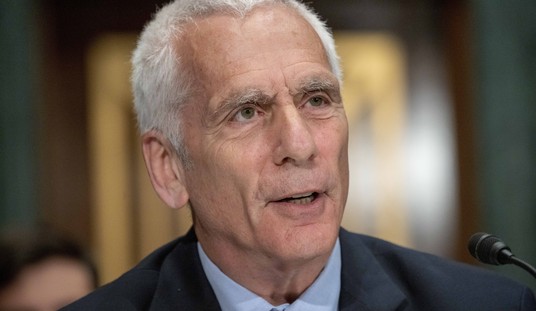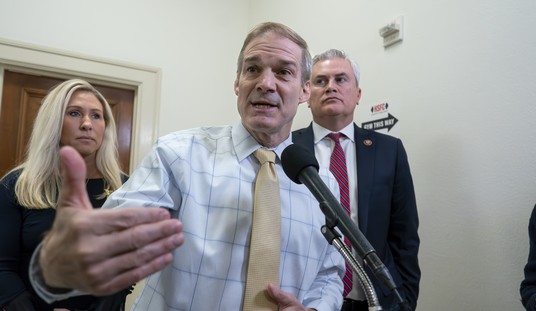The school year has ended and Year Two of teaching/learning through a pandemic has closed. For most teachers, summer presents an opportunity to relax, try to unwind after a stressful 18 months, and just let the dust settle.
That’s at the most local level — the school itself. Principals rarely get to leave during the summer, as closing down one year really just means opening up another, but while some teachers take time off, some do focus on the upcoming year. Those teachers (me included) are just nerds like that. In Louisiana, the state education department is working with local school districts, and it appears there are some shifts being made in how social studies across all levels are being taught.
A major shift will reportedly be in the focal point of high school social studies. Districts are preparing to re-emphasize civics education, seemingly per statewide guidance.
At the moment in Louisiana, U.S. History is the only high school course with an end-of-course exam (our state uses the LEAP 2025 test). What we’re hearing is that test will go away and instead a LEAP test for Civics will take its place. That does not mean that U.S. History is any less important, but it does mean that the state feels the key ideas and content that covers basic citizenship and knowledge of the U.S. government is required knowledge going forward.
That is good news, ultimately, and it signals that Louisiana is joining a trend that is growing and desperately needed in the United States. Far too often, journalists and so-called experts are getting the basic facts about how our government operates completely and totally wrong. These growing trends in demanding we nuke the filibuster for good, the obliteration of the Electoral College, and that Washington D.C. be granted statehood all stem from a fundamental lack of understanding of how and why the system was set up the way it was, and why it’s worked since the Constitution was adopted.
High school U.S. History typically starts in the post-Reconstruction era (unless a student takes AP U.S. History, which covers pre-Columbian civilizations through the modern era) and focuses on Westward Expansion, the Progressive Movement, Imperialism, World War I, the Great Depression, World War II, the Cold War, and Reaganism. Everything before that is usually covered in middle school social studies, so the students have access to the ideas of the Founding but rarely do they get to go in-depth with it. While Civics teaches students basic citizenship, the required test at the end of the year is a modified form of the United States citizenship test — a hardly challenging test that, while well-meaning, doesn’t really dig into the ideas that make up what our country actually is built on.
So, what should Civics education look like in a course that will become a major part of high school students’ graduation requirement? If this becomes something we see in every state, what should the model be?
There will be some history that has to be involved. The ideas and writers that influenced the Founders, the origin of the United States, and the failures of the Articles of Confederation need to be addressed. Students need to really know what the arguments of both the Federalist Papers and the Anti-Federalists were. They’ll need to understand why compromise was necessary, why we needed a Bill of Rights, and what powers the Constitution actually does give government.
There will need to be a deep understanding of the election systems. Why is it not (nor should it be) controlled by the federal government and instead run by the states? What purpose does the Electoral College serve and why should we keep it? Can it be stolen and how could that be prevented if so?
Students will have to understand the three branches of government and how they check each others’ power. They need to understand, too, the abdication of executive and legislative power to the federal bureaucracy and the courts. They will also need to know and understand the impact of the media on public opinion and governance.
If the shift to Civics education happens, it will be a great start in refocusing our country back to what government actually can and can’t do, and it will also expose students to ideas that today’s progressives want them to forget about: Individual liberty, freedom from an overbearing government, and the rights of everyone.













Join the conversation as a VIP Member